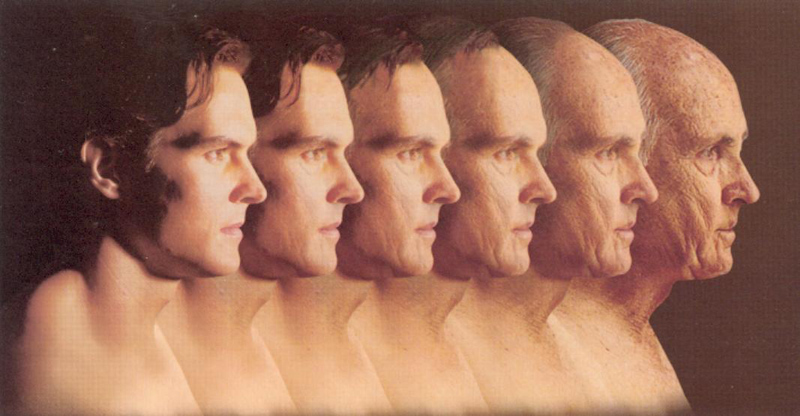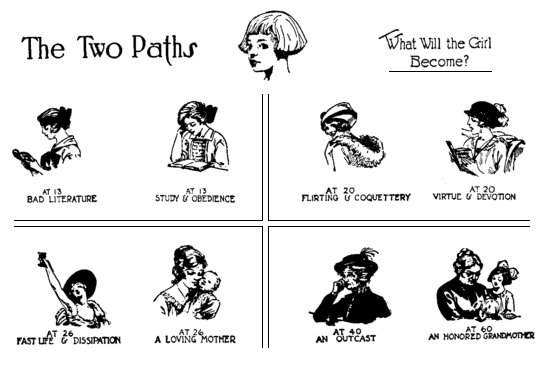
Perhaps you are one of the lucky ones who gets carded in your 30s. Or maybe you are less fortunate, and others routinely think you look older. Regardless, you might be wondering, “can how you look in your 30s be related to how quickly you are aging?”
Some studies suggests that it is.
A few years ago, an international team of researchers reported that they have developed a new method for measuring aging in young adults. And this new method is not only related to how old you look, but to both your physical and cognitive health, and your own sense of well-being.
The new method involves 18 different biological markers, which assess different things, ranging from a person’s heart, lungs, livers, kidneys, immune system, and metabolic system. Researchers also calculated the participants’ IQ and BMI; peeked into their mouths for signs of gingivitis; photographed their retinas to assess blood vessels within the brain; and sampled their DNA—looking for signs of aging.
Over one thousand participants—all from the same New Zealand town, born in 1972 or 1973—were involved. At the time of the study, all of the participants were 38 years old.
It’s important at this point to distinguish that this was their “chronological age,” because the first question researchers asked is whether these participants were aging at different rates. Using their 18 biological markers, the researchers were able to assign a “biological age” to each person, and they found a typical bell curve, ranging from 28 to 61 years old. Thus, some of the 38-year old participants were biologically younger or older than the others.
Moreover, the researchers found that this biological age reflects a person’s physical functions. Participants with a more advanced biological age struggled more with motor and balance tests, demonstrated less strength with grip tests and reported more difficulties with physical activities, like climbing stairs or walking long distances.

The same relationship held true with cognitive functions; participants with a higher biological age had lower cognitive functioning. Furthermore, when the researchers compared current data with that taken when the participants were children, those with more advanced biological age showed a decline in IQ over the years.
So, what about a person’s perceived age? To assess “facial age,” undergraduates from Duke University were asked to look at photos of strangers, and take note of perceived differences in their aging. The students ultimately rated those with higher biological ages as looking older. Finally, participants with more advanced biological ages claimed to feel less well than their biologically younger peers.
“We set out to measure aging in these relatively young people,” reported Dan Belsky, an assistant professor of geriatrics in Duke University’s Center for Aging. “Most studies of aging look at seniors, but if we want to be able to prevent age-related disease, we’re going to have to start studying aging in young people.”
Fortunately, it’s not all bad. Even though signs of aging were already present in 38-year olds, environment is believed to play a larger role in aging than genetics. “That gives us some hope that medicine might be able to slow aging and give people more healthy active years,” stated senior author Terrie Moffitt, the Nannerl O. Keohane professor of psychology and neuroscience at Duke.